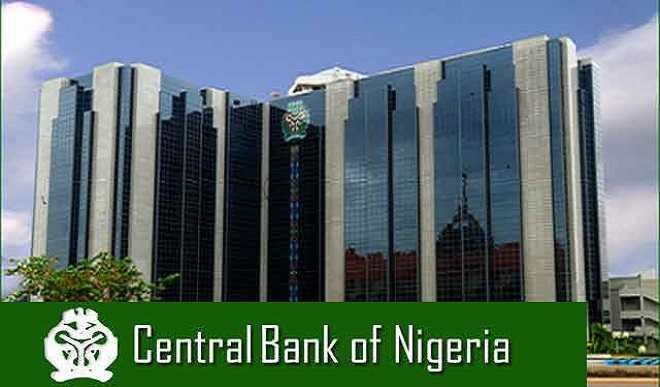Non interest guideline: How small farmers can access scheme
The Central Bank of Nigeria (CBN) in a bold move to increase access to funding, recently released guidelines that have made it possible for its various intervention schemes to cater for non-interest financial institutions (NIFIs). The CBN has severally indicated that following the impact of COVID-19 on the economy, small businesses are facing an existential […]

Corporate headquarters of the Central Bank of Nigeria, CBN in Abuja
The Central Bank of Nigeria (CBN) in a bold move to increase access to funding, recently released guidelines that have made it possible for its various intervention schemes to cater for non-interest financial institutions (NIFIs).
The CBN has severally indicated that following the impact of COVID-19 on the economy, small businesses are facing an existential threat.
Owing to this, analysts have continued to stress the need for policymakers to focus on measures to ensure that
Analysts have emphasized that to ensure that these businesses remain as going concerns after the pandemic, and continue to serve as an engine for economic growth, they need aid.
The President of the Institute of Chartered Accountants of Nigeria (ICAN), Mrs. Onome Adewuyi, advised that MSMEs should be given enough support, especially with interest free loans, for the informal sector of the economy to rev up again.
“The MSMEs contribute about 50 per cent to the GDP. Thus, they hold the key to the economic recovery of the nation. The government must place a greater premium on this sector to achieve a quick exit from the inevitable recession which would occur,” she explained.
The schemes under the NIFI include Non-interest Guidelines for the Accelerated Development Scheme (AADS); Intervention in the Textile Sector; the Agri-Business, Small and Medium Enterprise Investment Scheme (AGSMEIS); MSME Development Fund; Non-oil Export Stimulation Facility; Anchor Borrowers’ Programme and Real Sector Support Facility.
Others are Non-interest Guidelines for the operation of the Credit Support for the Healthcare Sector; Modalities for the implementation of the Creative Industry Financing Initiative (Non-interest version); Non-interest Guidelines for the implementation of the N50bn Targeted Credit Facility.
Under the AADS, the CBN listed the objective to include engaging a minimum of 370,000 youths in agricultural production nationwide over the next three years in order to reduce youth unemployment.
According to the CBN, the target group is Nigerian youths within the ages of 18 to 35 years and the focus would be on two agricultural commodities where states have comparative advantage.
Under this scheme, the state government is expected to mobilise prospective young farmers with representation from all senatorial zones while state governments/FCT are to provide agricultural land in contiguous locations in all the senatorial zones.
Prospective entrepreneurs (that meet the eligibility criteria) shall be grouped into clusters by commodity to be produced. The State government is to allocate 2-5 hectares of land per beneficiary.
State government is expected to provide access roads, water sources and other infrastructure that will enhance agricultural production on the land
The guideline indicates that the States may charge a rental on land (maximum. of N10,000 per ha) to defray the cost of land clearing and other infrastructure provided. Rental charges will be embedded in the Economics of Production (EoP) of the farmer.
